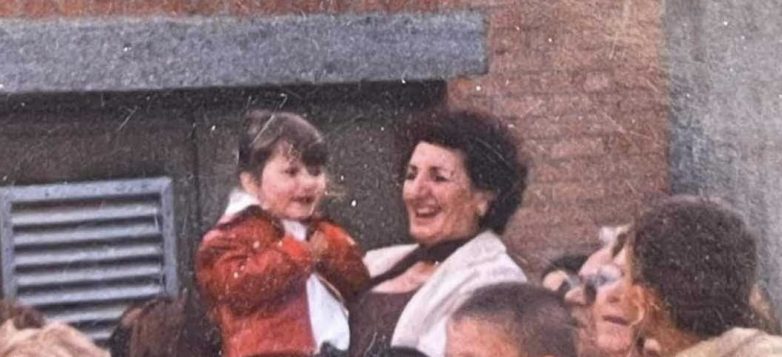I went easily, but it was terrible to return to Gjakova from the war zones, very difficult. The police were always on guard. The army, the KLA. I wasn’t aware. I came back on my own as usual, I had to get down on the street so that I could wait for a bus or something to go back to Gjakova. […]
I walked and I walked, and I hadn’t reached the street yet when I saw convoys of Serbian vehicles passing through the street where I had to get off. And that was another time when I felt very bad. They told me, KLA soldiers told me, ‘Don’t turn your head, don’t be afraid.’ They placed tree branches in two zones and said, ‘Don’t be afraid because if they stop you, we will take action.’ But instinctively I turned my head and my tears started to flow. […]
The convoy, which knew that the army was there, went as fast as it could. I passed without any problems. But when I went home my emotions took over and I started crying, I couldn’t even speak. After that, the soldiers decided to open a checkpoint in Gjakova. We collected very few material resources and settled in the village of Çabrat. Brigade 137 Gjakova was formed.
Sakibe Doli was born in 1953, in Gjakova. She graduated from the Department of Albanian Language in the Faculty of Philology at the University of Pristina. After graduation, she worked as a teacher at Pjeter Bogdani school in Demjan. In 2000, she was the co-founder of the shelter for women and children in Gjakova, which is still functioning. During the war, she was engaged in logistics within the KLA. Currently she is retired and lives with her family in Gjakova.
